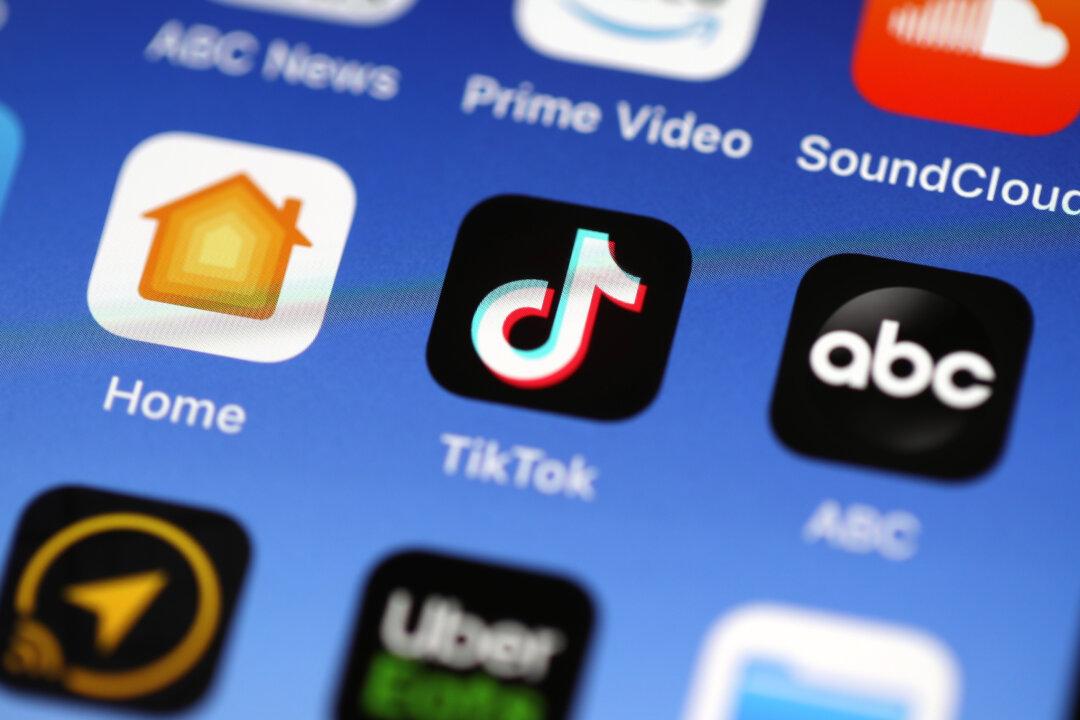Prime Minister Scott Morrison says his government is keeping a very close eye on popular video-sharing platform TikTok, amid a recent firestorm of scrutiny and calls to ban the app just one month after it set up a local presence in Sydney.
The popular app, used by over 1.6 million Australians, featuring dance routines, memes, tutorials, and celebrities, is mired in controversy over concerns data collected from users could be compromised. TikTok has also been accused of censoring content deemed sensitive to Beijing.





